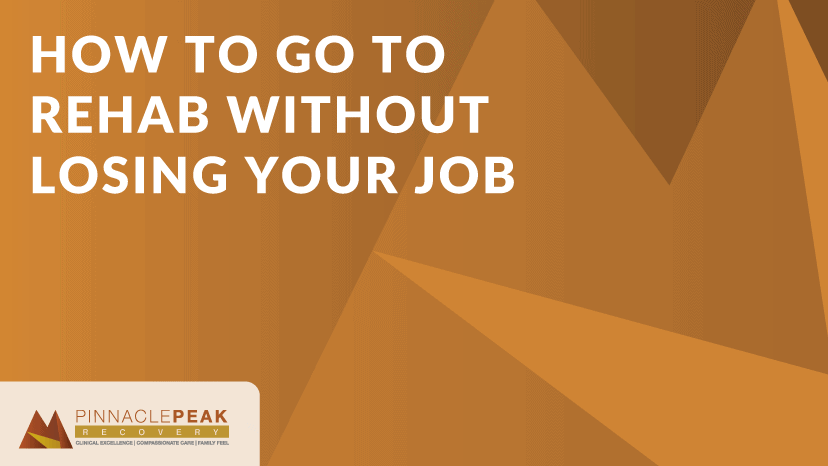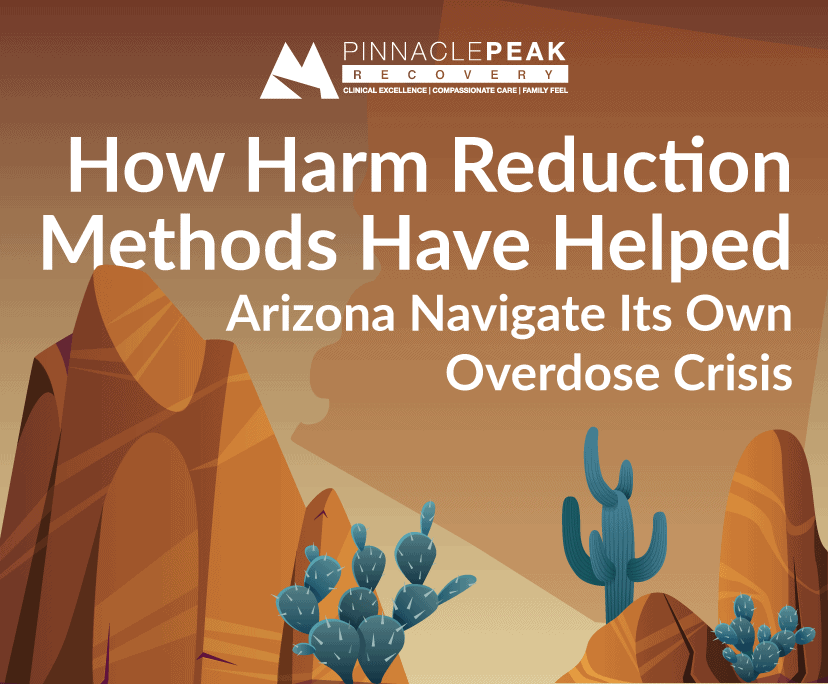What is Addiction and How Does it Develop?

It’s common for those seeking help for substance use, either for themselves or for their loved ones, to ask, "What is addiction?" The word addiction is used commonly, but a clinical definition is an entirely different thing. Addiction can manifest itself in different ways, but having a concrete definition, as well a better understanding of its development, could be instrumental in successfully treating the disease.
What is Addiction?
The American Society of Addiction Medicine defines addiction as a, "chronic disease of brain reward, motivation, memory and related circuitry." There are several interesting things to note about that definition, but perhaps most important is that it’s referred to as a disease. Addiction previously was treated as a moral condition or even a habit before clinicians really had an answer to the question "what is addiction?" It it is now known to be a disease.
Addiction occurs when, through the single or prolonged use of a substance, the body and brain begin to need the substance in question. It becomes the focal point of existence and the axis around which reward, pleasure and happiness revolve. Once a person is addicted to anything, it requires extensive treatment and therapy to rewire the brain so that the individual can function without the desired substance, whether it is drugs, alcohol or anything else.
Biological Development of Addiction
Understanding why some people get addicted and others don't can be challenging. After all, while the majority of adults drink alcohol at least occasionally, not everyone will develop alcoholism.
One of the causes of addiction is genetic. That means that some people, through no fault of their own, are biologically more likely to suffer from addiction. This is one of the reasons that it’s common to see clusters of addiction among family members.
Cultural Contributions to Addiction
Many cultural and social factors can contribute to the development of addiction. Widespread use of a particular substance within a community might encourage people to abuse it more readily. Addiction is more likely when individuals use larger doses of any substance, or consume it at an early age when the brain is still in development.
Mental Health and Addiction
There’s also a strong correlation between mental health and addiction. Those with mental health disorders ranging from depression to schizophrenia are more likely to simultaneously struggle with addiction than those without mental health concerns. Past trauma or childhood abuse, as well as PTSD, is especially common among those individuals struggling with addiction to drugs or alcohol.
Addiction can be a serious challenge to overcome, but a transformation is definitely possible. At places like Pinnacle Peak Recovery in Scottsdale, Arizona, patients can take back control over their lives. Call 866-377-4761 to verify your insurance and begin your journey away from addiction and toward a life of sobriety.



